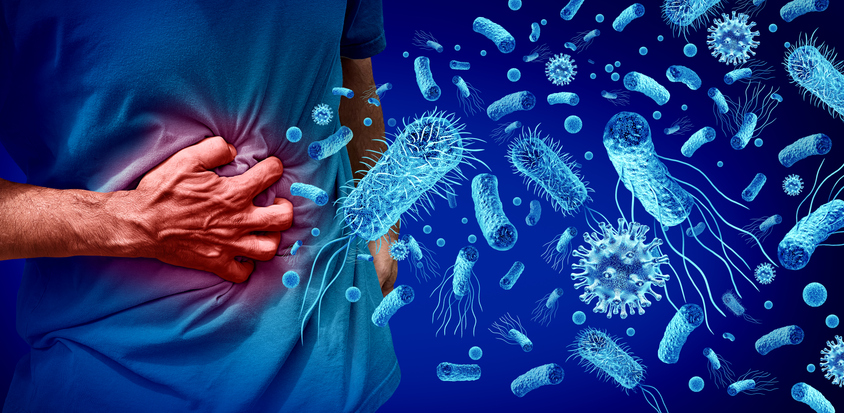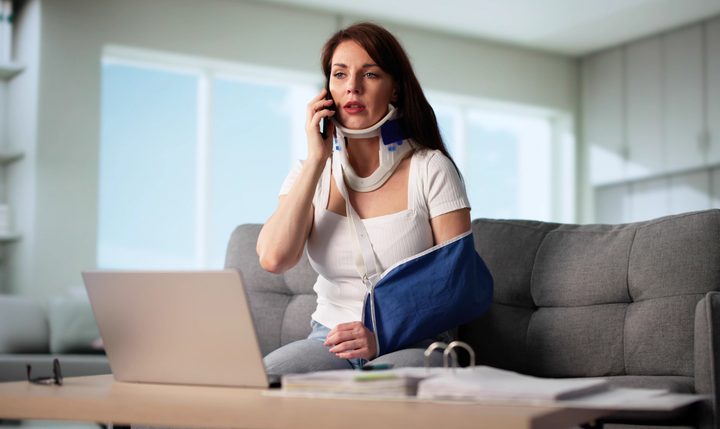Getting sick after eating something you thought was safe is not only miserable — it can be scary. Maybe it started with nausea or stomach cramps that wouldn’t quit. Or maybe you ended up in the hospital and only later learned the cause was Listeria or another kind of foodborne illness.
If this sounds familiar, you’re not alone. According to the Centers for Disease Control and Prevention (CDC), millions of Americans get sick from contaminated food every year. Some recover after a rough few days. Others face serious complications — especially when Listeria is involved.
Let’s break down what Listeria is, why it’s so dangerous, and what you can do if you’ve been affected.
What Exactly Is Listeria?
Listeria monocytogenes (try saying that five times fast) is a tough little bacterium that doesn’t mind the cold. It can survive — and even grow — in refrigerators. That’s why foods like deli meats, soft cheeses, bagged salads, and ready-to-eat meals can sometimes become contaminated without anyone realizing it.
Listeria can cause an infection called listeriosis, which can be especially dangerous for pregnant women, newborns, older adults, and people with weakened immune systems. Symptoms often include fever, muscle aches, nausea, and in severe cases, infections of the brain or blood.
It’s Not Just Listeria — Food Poisoning Happens More Often Than You Think
Listeria gets a lot of attention, but it’s not the only culprit. E. coli, Salmonella, Campylobacter, and Norovirus can all cause foodborne illness. Whether it comes from undercooked meat, unwashed produce, or contaminated packaging, the result can be the same: you get sick, and it’s not your fault.
The reality is, food poisoning isn’t always a mild stomach bug. Some cases can lead to dehydration, hospitalization, or long-term health issues. When that happens, you may have the right to hold the responsible company accountable.
Can You Sue for Food Poisoning?
Yes — and in many cases, you should.
If a company sells food that makes people sick, it can often be held legally responsible. These cases usually fall under product liability or negligence laws, meaning you don’t have to prove anyone meant to harm you — just that the food was contaminated and caused your illness.
Potentially responsible parties might include:
- The manufacturer that failed to keep its processing plant clean
- A restaurant that didn’t store food at the right temperature
- A grocery store that sold recalled or expired items
- A supplier or distributor that ignored known contamination risks
An experienced food poisoning lawyer can help you investigate what happened and build a strong case for compensation — including medical bills, lost wages, and the pain you’ve endured.
Recent Listeria Outbreaks: A Wake-Up Call
You’ve probably seen headlines about Listeria recalls involving ice cream, salads, or frozen vegetables. These outbreaks remind us how easily contamination can slip through the cracks. Agencies like the U.S. Food and Drug Administration (FDA) and the CDC constantly monitor for these issues, but sometimes the damage is done before a recall even hits the news.
If you recently ate a recalled product and started feeling sick, it’s important to get tested right away.
What to Do If You Think You Have Listeria or Food Poisoning
- See a doctor immediately. Ask for diagnostic tests that can identify the bacteria.
- Report your illness to your local health department — this helps track outbreaks.
- Save any evidence you can — leftover food, packaging, receipts.
- Reach out to a food poisoning attorney to explore your legal options.
It might feel overwhelming, but taking these steps early can protect your health and strengthen your claim if you decide to pursue compensation.
Why Legal Help Matters
Filing a claim isn’t just about money. It’s about accountability. When companies cut corners on food safety, people get hurt. Legal action helps push for stricter safety standards and prevents future outbreaks from harming others.
If you’ve been diagnosed with Listeria or another foodborne illness, don’t try to handle it alone. Reach out to a qualified food poisoning lawyer who understands these cases and can help victims of Listeria and food poisoning get the answers — and the justice — they deserve .






